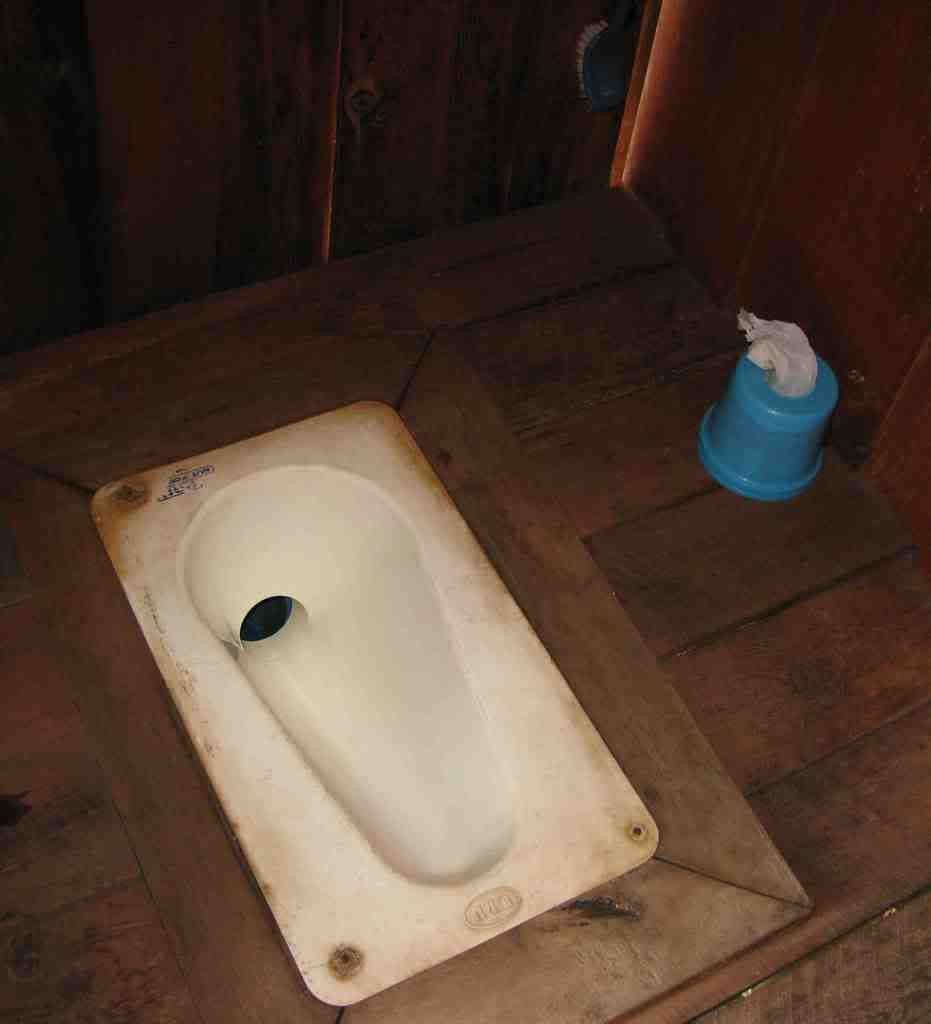 Welcome to the eFoodAlert Cholera Chronicle. Every Sunday, we'll present a summary by region of cholera news from around the world.
Welcome to the eFoodAlert Cholera Chronicle. Every Sunday, we'll present a summary by region of cholera news from around the world.Cholera is spread through human fecal contamination of food and water supplies. It is a frequent Disease of Disaster, accompanying famines, floods, wars, and other natural- or man-made disasters. Its victims typically are destitute, displaced or debilitated. And, all too often, dead.
One troubling side-effect of the current influenza near-pandemic is the diversion of international attention and resources from the fight against cholera and other diseases that afflict the world's underdeveloped countries.
The World Health Organization, which had been providing regular updates on the status of Zimbabwe's cholera outbreak, issued its last report on March 23rd. At that time, the number of new cases reported weekly had decreased from a peak of approximately 8,000 to just 2,076.
Asia, Including Russia
- India, May 9 – Contaminated water in Hyderabad's district of Bholakpur has led to an outbreak of cholera in the state capital. An initial report of 10 confirmed cases has now grown to at least 16 victims. A two-member team has been dispatched from Kolkata to assist local health authorities in dealing with the outbreak.
- India, May 10 – Officials in Vijayawada have expressed concern that their city, too, might experience an outbreak of cholera similar to the one that has struck Hydrabad. Vijayawada, which has a slum population of 350,000 people and a 20-year old water supply system, is crisscrossed by a canal system that is susceptible to sewage contamination.
Africa
- Zimbabwe, May 7 – The United Nations warned that the country's cholera epidemic – finally is on the wane – will reignite if attention is not paid to renewing the countries water and sewage systems, which have collapsed from neglect under the Mugabe regime.
- Congo, May 8 – Health authorities in the southern region of Pool have reported 130 new cases of cholera since early April.
Cholera can be treated successfully, if adequate medical facilities are available. More importantly, outbreaks can be prevented, by providing communities with safe drinking water, and with sanitary disposal facilities for human waste.
2008 was the International Year of Sanitation. The World Health Organization partnered with other agencies to promote improvements in sanitation in underdeveloped areas of the world. But it will take many years before these efforts make a significant dent in the problem.
Meanwhile, cholera will continue to follow in the wake of world disasters.





No comments:
Post a Comment
Note: Only a member of this blog may post a comment.